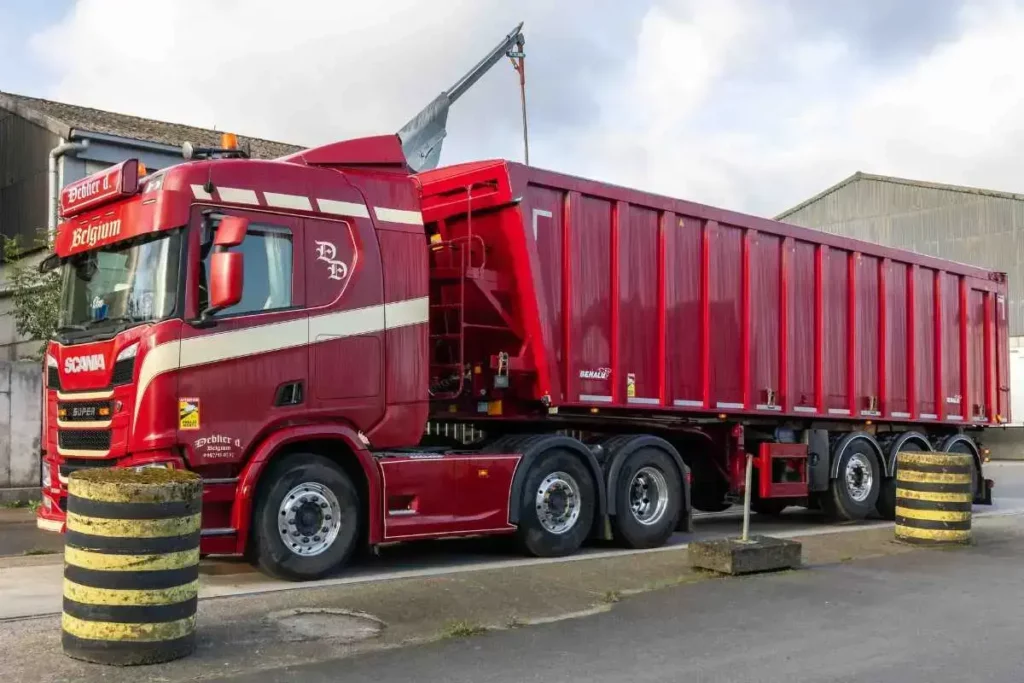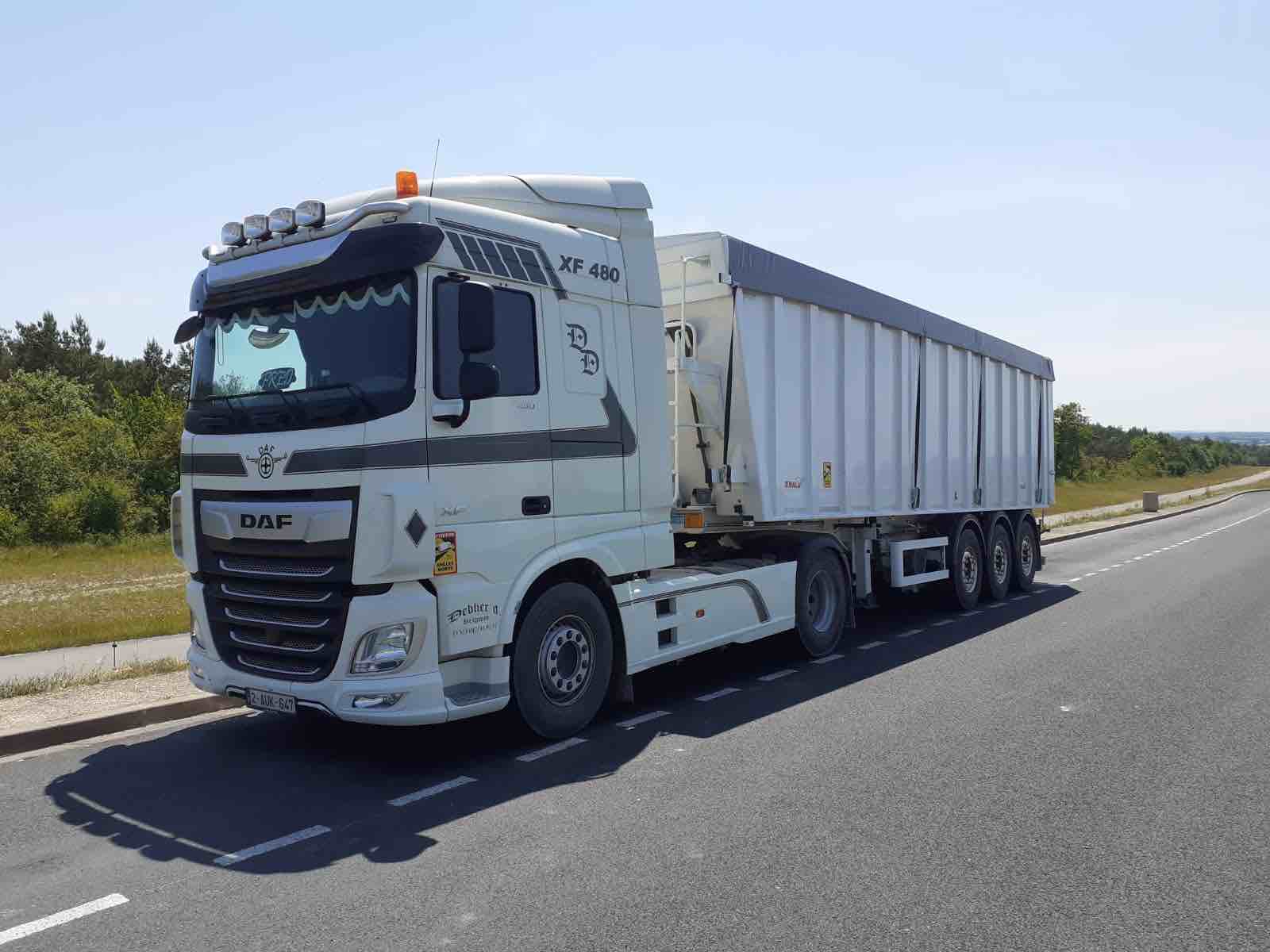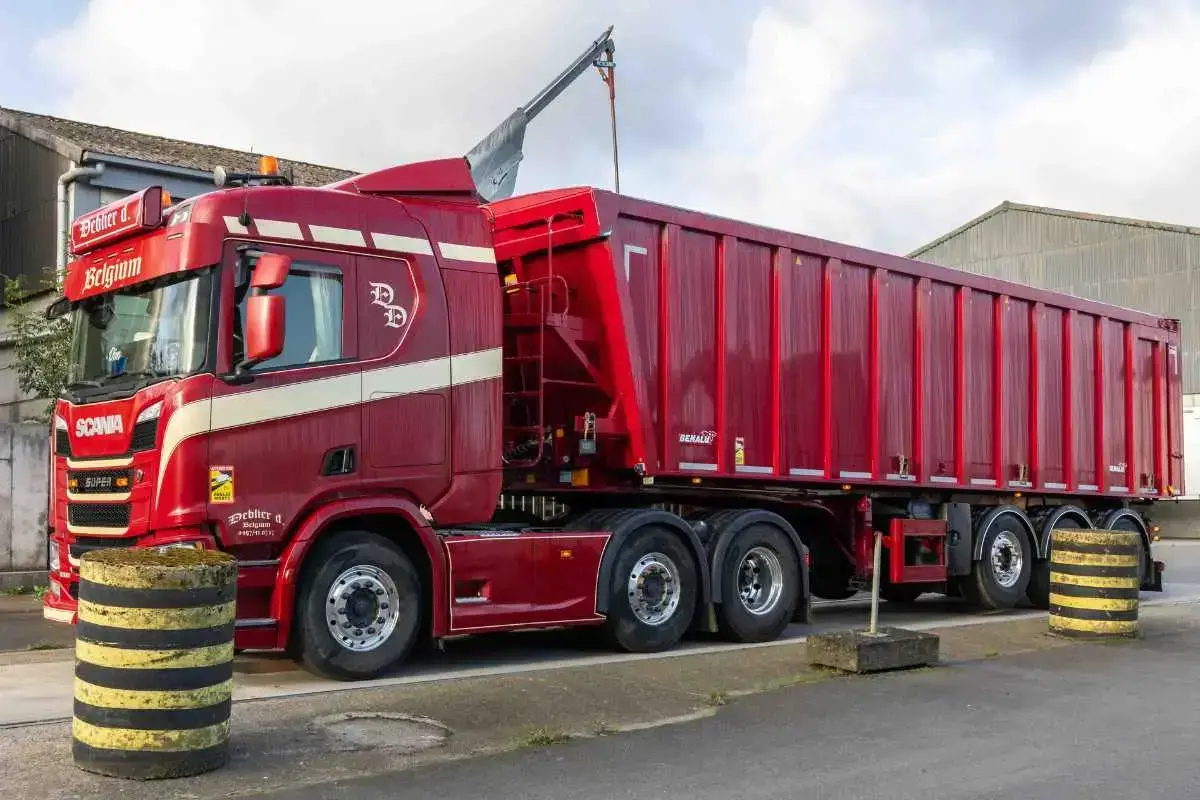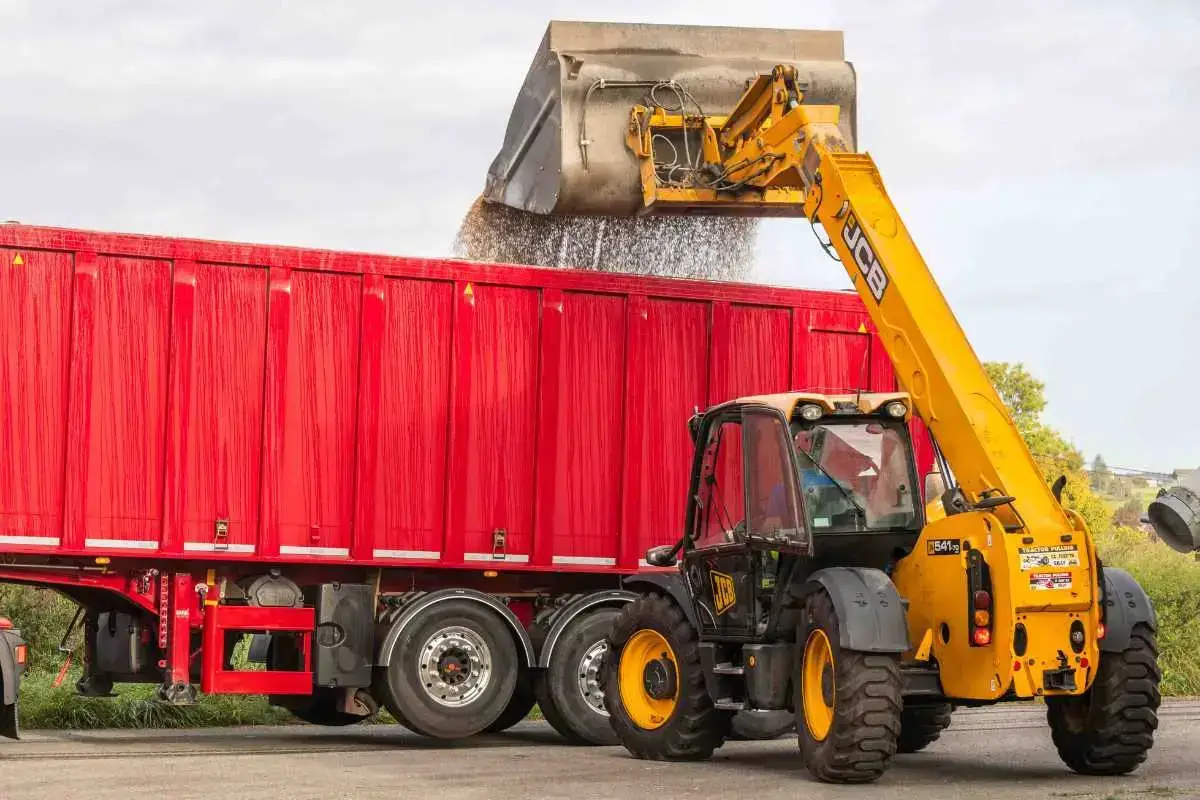Supply chain management is the process of managing the flow of products, information and funds throughout a product’s life cycle. It covers all stages, from the procurement of raw materials to final delivery to customers.
The main aim of the supply chain is to optimize efficiency, reduce costs and improve customer satisfaction. This involves effective coordination between different players such as suppliers, manufacturers, distributors and retailers.
The role of the supply chain
Efficient inventory management
Effective inventory management is crucial to the smooth running of a business. The supply chain plays a key role in ensuring that stock levels are maintained at optimum levels. This means avoiding shortages, when there aren’t enough products available to meet demand, as well as surpluses, when there are too many products that risk not being sold.
To achieve this objective, the supply chain uses various techniques such aspredictive analysis and specialized software to monitor market trends and forecast future demand. It works closely with suppliers to ensure that they can deliver the quantities needed on time.
Precise demand planning
Accurate demand planning is essential to meet customer needs. The supply chain collects and analyzes data on past sales, market trends and other relevant factors to best estimate how much product will be demanded in the future.
Efficient transport and distribution
The supply chain coordinates the entire process, from product shipment from suppliers to delivery to end customers. This involves choosing the appropriate modes of transport, such as road, sea or air, according to specific needs.
Continuous process improvement
The supply chain contributes to the continuous improvement of processes in order to optimize overall profitability. This means identifying areas where efficiency can be improved and costs reduced. For example, this may involve using more advanced technologies to automate certain tasks, thereby saving time and minimizing human error.
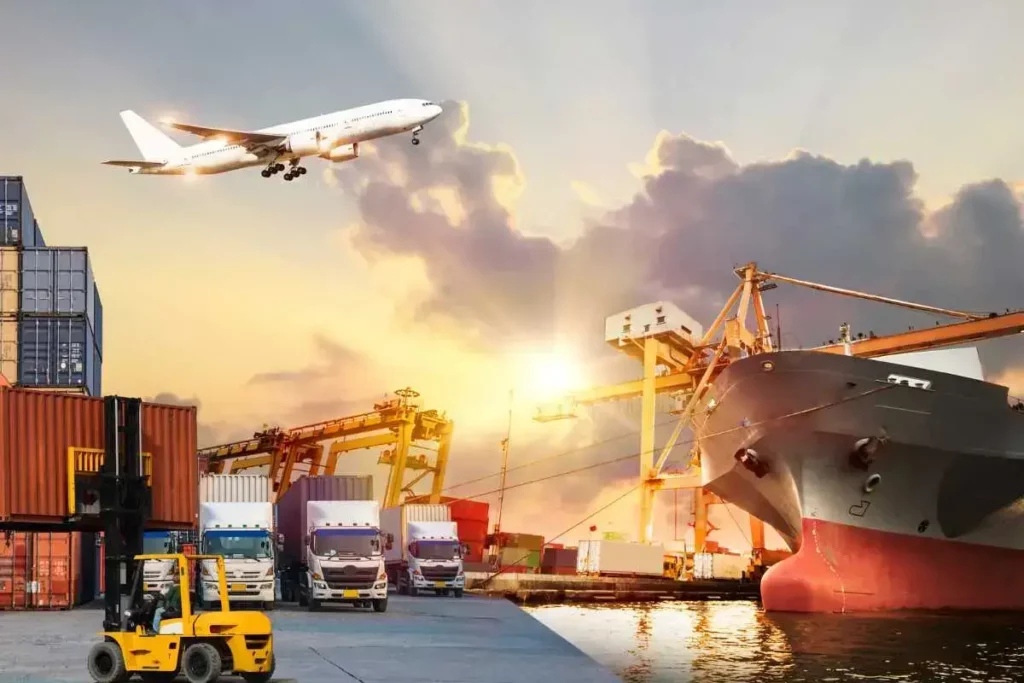
The difference between supply chain and logistics
Supply chain and logistics are two closely related terms in the field of operations management. Although they are often used interchangeably, it is important to understand that these two concepts are not exactly the same.
The supply chain is theentire processby which a company acquires raw materials, transforms them into finished products and distributes them to customers. It includes all stages from initial procurement to final delivery and product quality control.
Logistics, on the other hand, focuses primarily on the physical movement of goods through various stages of the process. These includetransporting goods from suppliers to production sites, then to distribution centers and finally to customers. Logistics also includes the storage and handling of goods along the way.
Logistics is therefore an essential element of the supply chain, as it ensures the efficient flow of goods from one point to another. However, it is important to note that logistics is only one part of the overall operations management process.
Supply chain stages
The supply chain is a complex process involving several crucial stages. Each of these stages plays an essential role in the smooth running of the supply chain.
Raw materials procurement
First of all, theraw material supply stage is fundamental, as it ensures that all the elements required for production are available.
Production
Next comes the production stage, where raw materials are transformed into finished products. This stage requires precise coordination to ensure optimum efficiency.
Warehousing
Once products have been manufactured, they need to be stored correctly to prevent damage or loss. This is where warehousing comes in. Proper management of warehouses and stocks is essential to maintain a continuous flow in the supply chain.
Distribution
Next comes the distribution stage, where products are transported to the various points of sale or distribution centers. Logistics play a key role in ensuring that products arrive at their destination on time.
Delivery
The final stage involves delivering the final product to the consumer. This final phase is crucial, as it gives the customer access to the product they wish to purchase.
In conclusion, each stage of the supply chain is essential to ensure the efficient flow of products. From raw material procurement to final delivery, each stage requires careful planning and coordination. It is therefore essential for companies to understand these stages and optimize them in order to improve their overall supply chain performance.
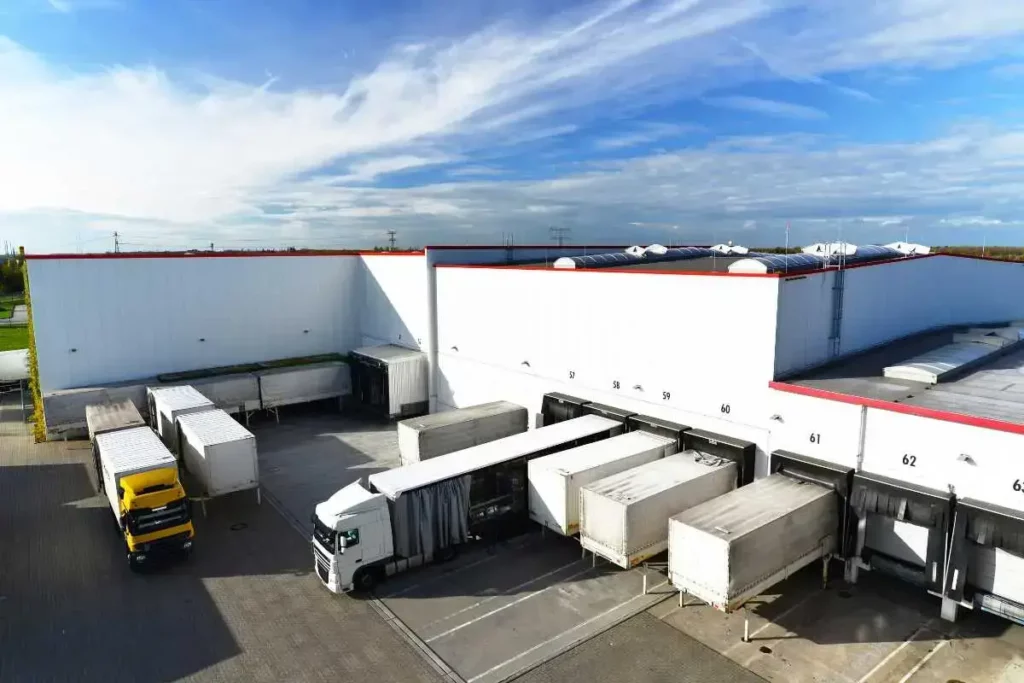
Choosing the right carrier for your goods
Transporting goods is a crucial part of the supply chain. Whether to supply a company with resources or to deliver its finished product, trucking can be a solution.
Transporting goods by road is a complex task, requiring specific expertise and a reliable service provider. Choosing the right provider is crucial to guaranteeing the safe handling and transportation of goods, as well as to ensuring efficient coordination throughout the logistics process.
At Transports Dimitry Deblier, we guarantee unrivalled logistics experience. With over 20 years’ experience in the transport industry, we are committed to ensuring the safe and punctual delivery of your goods in Belgium, France, Luxembourg and the Netherlands, to meet your specific needs.
Our dedicated team, modern vehicles and customer-focused approach make us the ideal company for reliable, tailor-made transport services. We look forward to hearing from you!
